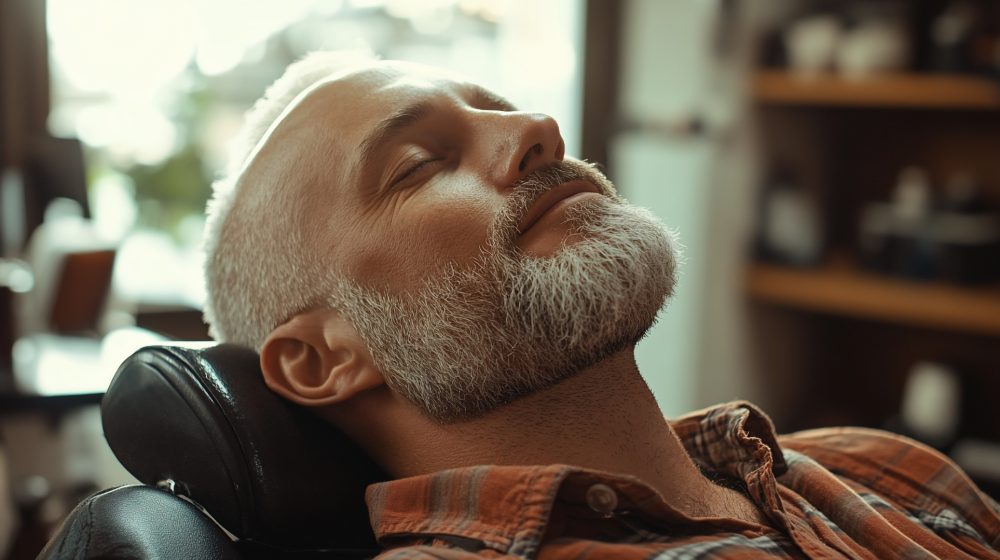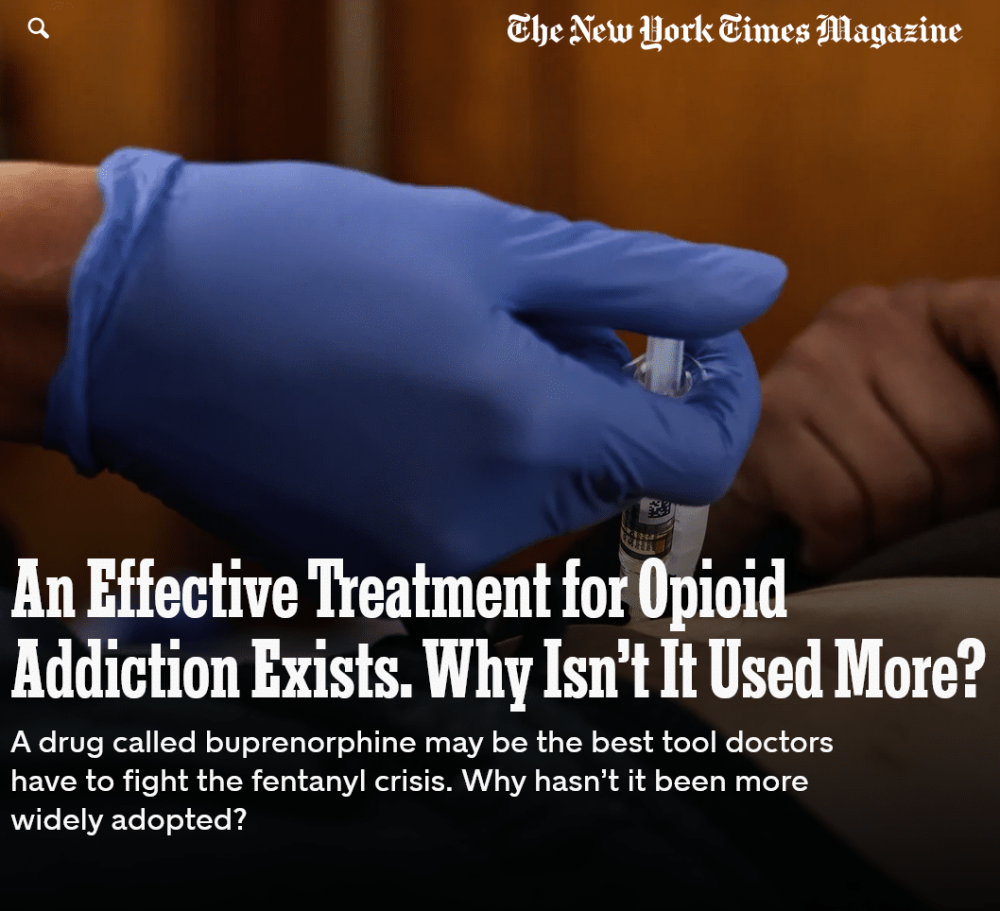Every year more than a hundred thousand Americans die from an overdose.1 Unfortunately, that number has only increased since the onset of the COVID-19 pandemic.2 Three-quarters of drug overdose deaths in 2020 were opioid-related.3 And yet, even those fortunate enough to receive help in time often succumb. About one in twenty people who receive emergency room treatment for an overdose die within a year, often of another overdose.4
Overdoses can be frightening, but surviving an overdose is an opportunity to turn one’s life in a healthier, more productive direction. Here’s some insight into what you should do during and after an overdose.
Responding in the Moment
An overdose happens when the body is overwhelmed by a toxic level of a substance or a combination of substances.5 Nothing is more terrifying than being caught in that riptide — or watching someone else go through it. Yet nothing is more important to address quickly with the following steps. Here are the steps to take to assist someone who is overdosing:6
1. Assess the Situation
If someone isn’t breathing or is not responsive, they may be overdosing. While the specific symptoms beyond that will vary depending on what chemicals have been ingested, some of the most common signs of an overdose are dilated pupils, blue lips or fingers, or gurgling noises indicating the person’s airway is obstructed.7
2. Verify they are non-responsive
Yell the person’s name, and rub their sternum/chest plate hard to stimulate breathing. Pinch the back of their arm. Do NOT shake them hard or slap them.
3. Call 911
If no EMS personnel are available, dial 911 and tell them that someone isn’t breathing. Be ready with the address and phone number, and leave your phone on once you’ve disconnected.
4. Provide rescue breathing
Put the person on their back, tip their head back to ensure access to the airway, pinch their nose, and put your mouth over theirs to form a seal: one breath every five seconds.
5. For opioid overdoses, administer naloxone if you have any
Naloxone (Narcan) has been used for decades by emergency personnel, and a spray version was approved in 2021 by the FDA.8
Once the person is breathing independently, put them in the ‘recovery position,’ laying on their side. Stay with them, and do your best to keep them warm. Don’t slap the person or try to stimulate them with any force greater than the force applied to their sternum.
6. Do NOT put someone in a cold shower
Despite what you might have seen on TV shows, putting someone in a cold shower after they’ve overdosed can increase the chances of the person going into shock or drowning (or falling if they are still upright). Keep the person away from water.9
After Immediate Danger Passes
The key word here is ‘immediate.’ They are still in danger! As noted above, five percent of the people who receive treatment at an emergency room for an overdose will die within the year. So there are many factors to consider and navigate through. The two most common factors include:
- Assessing immediate medical needs. Most individuals who overdose have significant medical needs such as cardiovascular damage, respiratory difficulties, or memory loss. Additionally, the health of some patients may be deteriorating, making the overall situation more challenging as ‘immediate’ needs become ongoing. If the person is not in a medical center, take note of any obvious physical needs and seek professional care immediately.
- Assessing immediate mental health needs. If the overdose was part of a suicide attempt, the individual must receive a mental health evaluation and access to psychiatric care. Depending on the state’s laws, providers may request commitment if the person is in imminent danger of self-harm. Hospitalization and a mandatory outpatient program may be necessary.10
Detoxification & Getting Treatment
The only thing as necessary as helping the person survive an overdose is making sure they don’t have to face another. Most overdoses are not isolated; instead, they are part of a broader pattern of substance abuse and need to be addressed. Even overdose patients who aren’t actively trying to commit suicide are dabbling with self-destruction. As a result, detoxification and getting treatments are two of the most important things to do after an overdose.
After an overdose, it’s essential to seek professional help as soon as possible. Overdoses can be life-threatening so receiving the care you need to recover is necessary. The first step in recovery is detox, which helps to rid your body of the toxins from drugs and alcohol. This can be challenging, but it’s vital to getting sober. After detox, individuals need to begin addiction treatment, which will involve therapy and counseling. Treatment can help them understand their addiction and learn how to cope with cravings and triggers.
Here at Gallus Detox, our medical detox program uses medications such as methadone, buprenorphine, and naltrexone to treat opioid addiction. Even though we use medication to help individuals overcome addiction, we believe the best approaches encompass medical and behavioral treatments.
Looking to the Horizon
Too many people who have suffered an overdose try to move on without professional help. This is understandable: not only is there usually denial associated with what’s happened but — paradoxically — people can feel ‘invincible’ after surviving and discount the possibility of it happening again. All of which makes it all the easier to run off the rails again.
But there is no shame in turning to a professional. After all, you or your loved one have tried everything else.
Your main goal should be to find a treatment center with the following attributes:
- Deep expertise in both detox and post-overdose recovery. Successful recovery entails a ‘wide-spectrum’ approach that encompasses both the mind and body. The best professional environments can integrate addiction and overdose’s medical, behavioral, psychological, and chemical aspects.
- Emphasis on patient safety. The best care centers understand how fraught a process recovery is and will protect their patients with the full panoply of monitoring devices, e.g., cameras, vital-sign tracking, cardiac monitoring, etc.
- Tailored biopsychosocial evaluation. Every patient is different, and every path to recovery is unique. Recognizing this, the best centers will customize their output to ensure that the patient receives as tailored a treatment plan as possible. Be wary of ‘one size fits all approaches.
Overdosing on drugs or alcohol can be a terrifying experience. Not only is it potentially life-threatening, but it can also have lasting effects on your health. That’s why it’s so important to detox the body afterward. Detoxing helps to remove the toxic substances from your system and allows your body to start the healing process.
Our detox method includes:
- Cardiac telemetry monitoring
- Video monitoring
- Daily physician visits
- Upscale private rooms
- IV medications
- Safe, up-to-date medication protocols
Let us come alongside you and help you get back on the road to recovery. Contact us today to learn more about our evidence-based detox program.
Sources
- https://www.cdc.gov/nchs/pressroom/nchs_press_releases/2021/20211117.htm
- https://jamanetwork.com/journals/jamapsychiatry/fullarticle/2789697
- https://www.apa.org/monitor/2022/04/numbers-drug-overdoses#:~:text=Number%20of%20Americans%20who%20died,highest%20annual%20total%20on%20record.
- https://www.health.state.mn.us/communities/opioids/prevention/followup.html#:~:text=It%20is%20estimated%20that%20about,a%20subsequent%20opioid%2Drelated%20overdose.
- https://shop.ucsc.edu/alcohol-other-drugs/overdose-prevention/drug-overdose.html#:~:text=An%20overdose%20happens%20when%20the,organ%20damage%20can%20instantly%20occur.
- https://store.samhsa.gov/sites/default/files/d7/priv/five-essential-steps-for-first-responders.pdf
- https://drugabuse.com/drugs/overdose/
- https://www.fda.gov/news-events/press-announcements/fda-approves-higher-dosage-naloxone-nasal-spray-treat-opioid-overdose
- https://harmreduction.org/issues/overdose-prevention/overview/overdose-basics/responding-to-opioid-overdose/, https://www.acton-ma.gov/619/Responding-to-an-Overdose
- https://www.webmd.com/connect-to-care/addiction-treatment-recovery/reference/recovery-after-overdose


 Steve B
Steve B 
